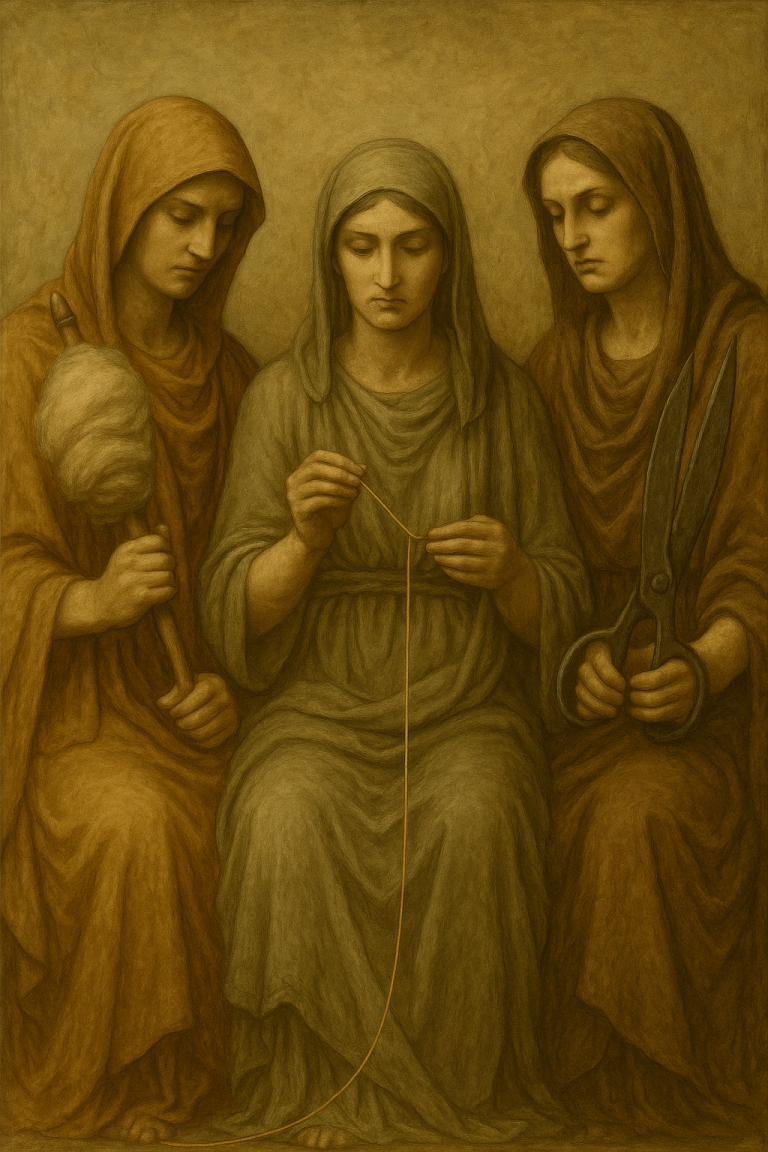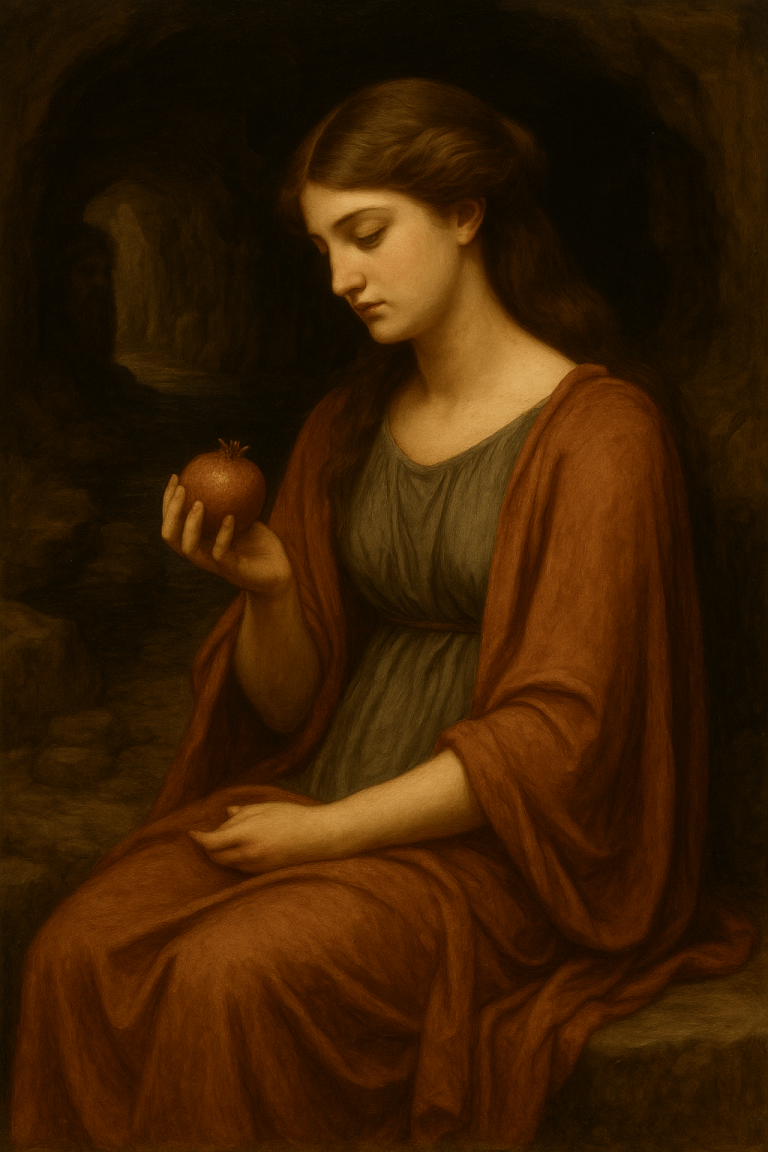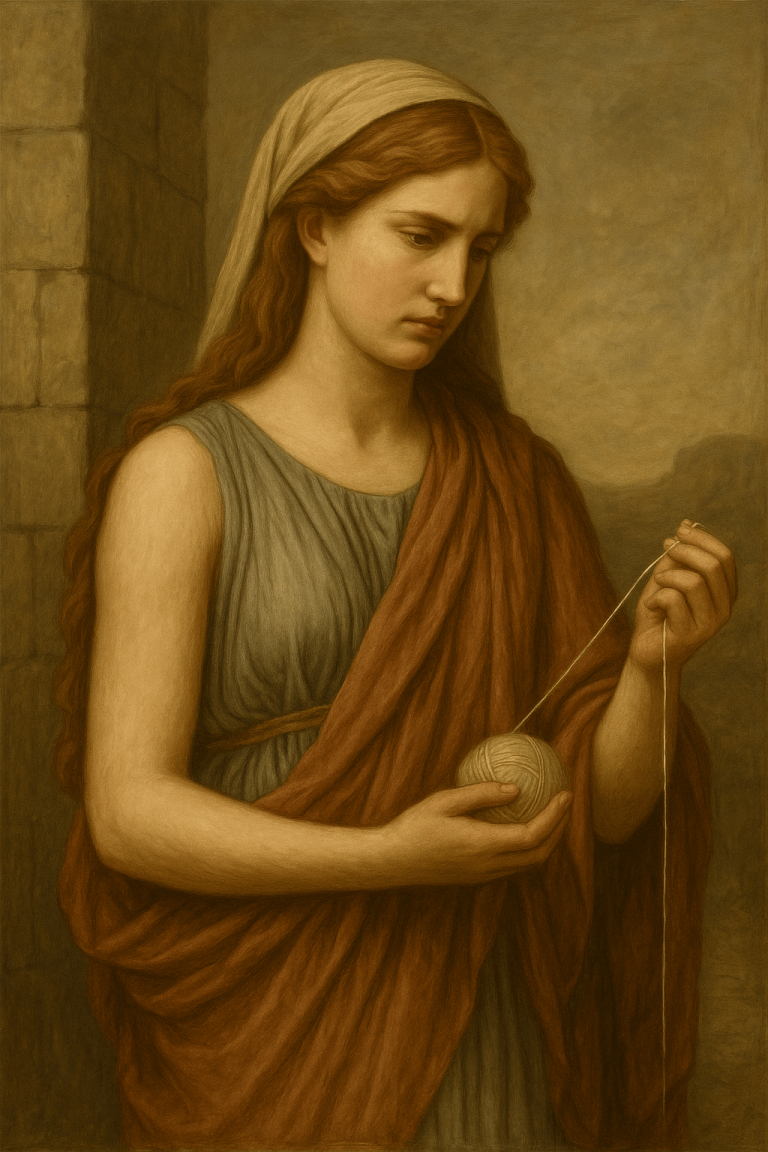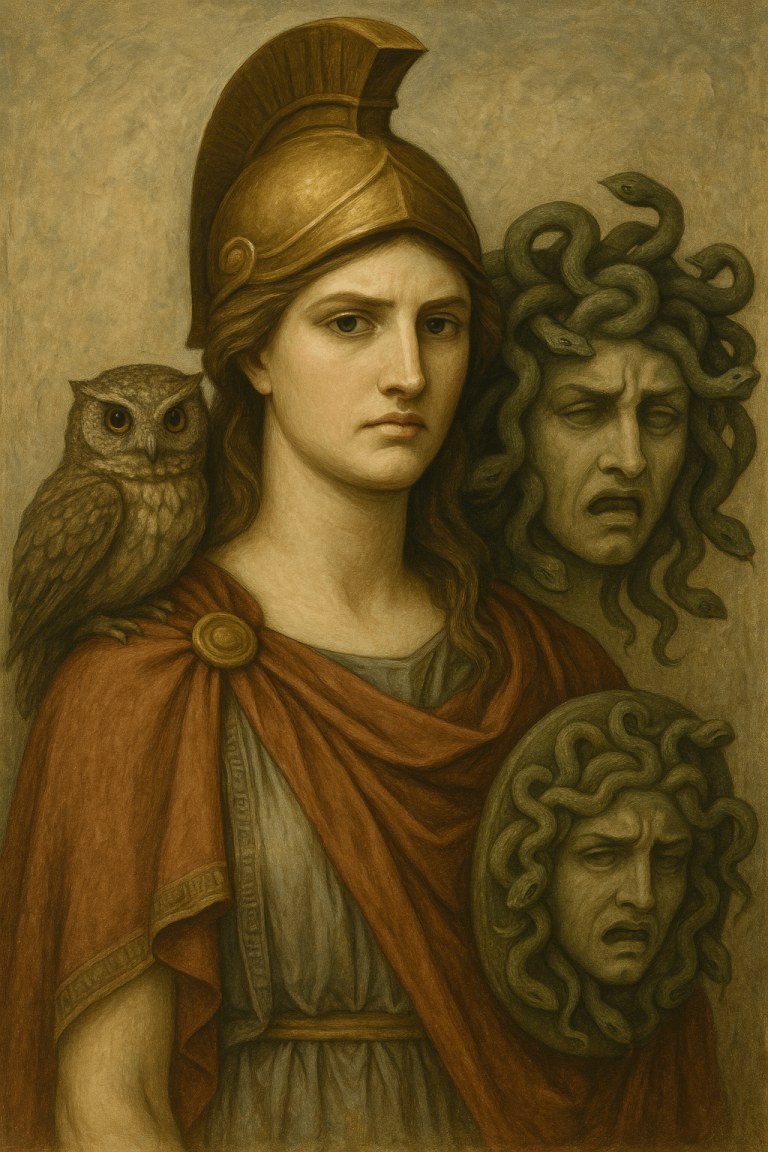
The Myth of Perseus: Heroism or Hijacked Glory?
When we hear the name Perseus, we think of a hero — the fearless warrior who beheaded Medusa, rescued Andromeda, and lived to tell the tale. He’s often one of the first Greek heroes introduced to us in books, movies, and classroom lessons.
But what if the story isn’t as clean-cut as we’ve been told? What if Perseus’ “heroism” is more complicated — and far less admirable — than the myths would like us to believe?
Let’s take a closer look at how power, narrative, and silence shaped his legacy.
🗡️ The Beheading of Medusa
Most people know the basics: Medusa was a monstrous Gorgon whose gaze turned people to stone. Perseus, equipped with divine gifts from Athena and Hermes, used a mirrored shield to behead her while she slept.
Sounds brave, right?
Except — Medusa wasn’t attacking anyone. She was hiding. Isolated. Cursed. Mortal. Her death wasn’t a battle — it was a theft. She had no chance to defend herself. And to make things worse, her head was then used as a weapon, long after her death, to petrify enemies. Her body was exploited even in death.
So, who’s the monster?
🧵 Who Really Had the Power?
Let’s be honest: Perseus didn’t slay Medusa alone. He had help — divine help. A mirrored shield from Athena. Winged sandals from Hermes. A magical pouch. A sword. Even invisibility.
This wasn’t a solo mission. It was gods giving a mortal the cheat codes to destroy someone already cursed and alone.
It raises the question: if a hero relies on the power of others to take down someone who’s already been dehumanized, can we still call it heroism?
👑 Andromeda: Saved or Used?
After Medusa’s death, Perseus goes on to “save” Andromeda — a princess chained to a rock as sacrifice to a sea monster. He slays the beast and marries her.
But here’s what gets overlooked: Andromeda had no say. She was bartered, saved, and wed without question — another female figure passed between systems of control.
Andromeda’s silence in her own myth echoes Medusa’s fate — both women defined by what men did to them, not what they chose for themselves.
🪞Rethinking Glory
This post isn’t about canceling Perseus — it’s about questioning what we’ve inherited as “heroism.”
Why do myths elevate conquerors and silence the conquered? Why is slaying a cursed woman a victory? Why is saving a voiceless princess the stuff of glory?
Myths are reflections. And just like Perseus’ shield, they show us more than what’s obvious — if we’re willing to look deeply.
Final Thoughts
Perseus may still be remembered as a hero. But if we listen to the quieter voices in his story — the cursed, the silenced, the forgotten — a very different picture emerges.
Maybe it’s time we rewrite the definition of a hero.
Not someone who slays the weak — but someone who stands up for the silenced.





